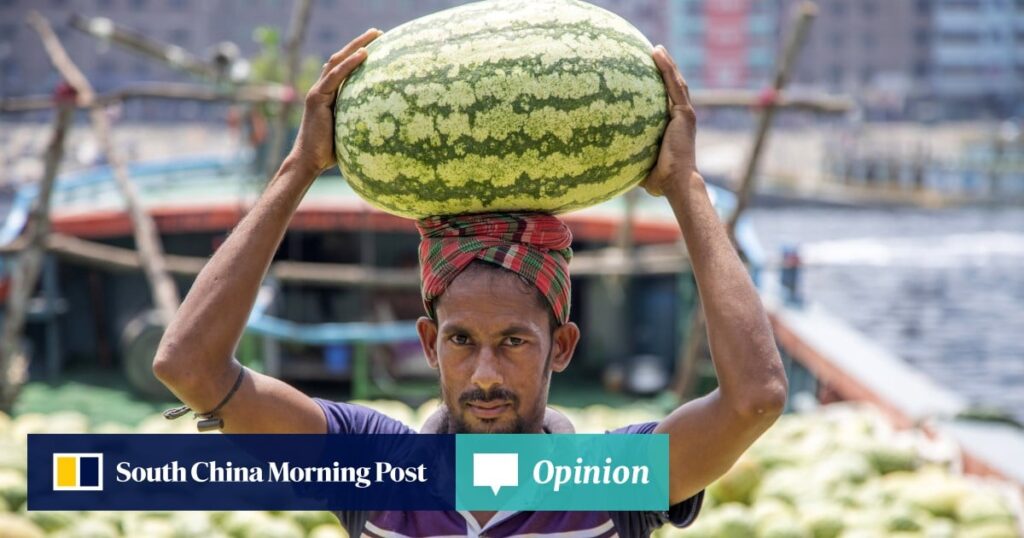It could be the fear of doomsday. While this technology poses risks, we should not overlook the opportunities it presents. AI can be a transformative tool for wealth creation and public service delivery in the developing world.
Many have compared the discovery of AI to Prometheus stealing fire from the gods. Just as fire can be used to cook food or start a fire, depending on whose hands it falls into, AI is only as “good” or “bad” as the people using it. are
In my country of Bangladesh, we have seen that, in the right hands, AI can both protect and transform lives. These successes can, and should, be replicated around the world.
For example, at the start of the CoVID-19 pandemic, Bangladesh had only one RT-PCR laboratory capable of the reverse transcription polymerase chain reaction technique used to detect the coronavirus. This was no small problem in a country of 175 million people.
But by redeveloping the country’s toll-free national helpline, we were able to enable citizens to self-report their symptoms. By feeding this information into the AI algorithm, we were able to effectively track and manage the disease for the first four months.
In addition to CoVID-19, the impact on healthcare could be revolutionary. For example, in Bangladesh, a country with five doctors per 10,000 people, we have seen how AI can be used to dramatically reduce the paperwork burden of doctors.
A notable example is a pregnancy monitoring app that ensures the safety and well-being of expectant mothers and their newborns by keeping all information related to diseases and treatments online in one place.
Similarly for education, we have been able to use AI to provide tailor-made learning and summative assessment for individual students. By automating the assessment preparation process, the Noipunno initiative has produced over 2 million digital report cards, significantly reducing the burden on teachers and promoting transparency in education.
AI as a silver bullet? Bangladesh also displays acts of innovation.
AI as a silver bullet? Bangladesh also displays acts of innovation.
With over 500,000 teachers and nearly 5 million students, Noipunno supports real-time monitoring, tracks attendance and ensures student growth, while taking some of the pressure off teachers.
Yet one of the most exciting AI developments we’ve seen is improving digital literacy and bridging the digital divide. In today’s online world, digital literacy equals power. The power to own land, run businesses, send money abroad, negotiate, engage in politics and receive public service.
Yet developing digital literacy skills, especially for those living in rural areas, can be extremely difficult. Here we see that AI provides another means by which we can leapfrog the need for traditional digital literacy skills.
This is because an increasing amount of AI tools allow people to speak directly into computer systems, eliminating the need for word processing skills. For example, we have shown that AI can be used to help rural populations apply for land registry or identity documents, rather than filling out forms online.
This indicates a real opportunity. We’re seeing how AI can provide a meaningful way for previously marginalized voices to be heard and digitally included. This development is still in its early stages.
The rare UN consensus on AI is a good start, but more cooperation is key.
The rare UN consensus on AI is a good start, but more cooperation is key.
That’s why I’m glad that the UN’s “Governing AI for Humanity” report highlighted the voice of the Global South. Digital literacy has traditionally been a driver of power imbalances. Today, we are seeing that the emphasis on AI literacy can turn this tide. Yet this will only happen if the voices of the marginalized Global South have a seat at the table.
Anir Chowdhury is Policy Adviser for the A2i Program at the ICT Division and Cabinet Division of the Government of Bangladesh, supported by UNDP.
